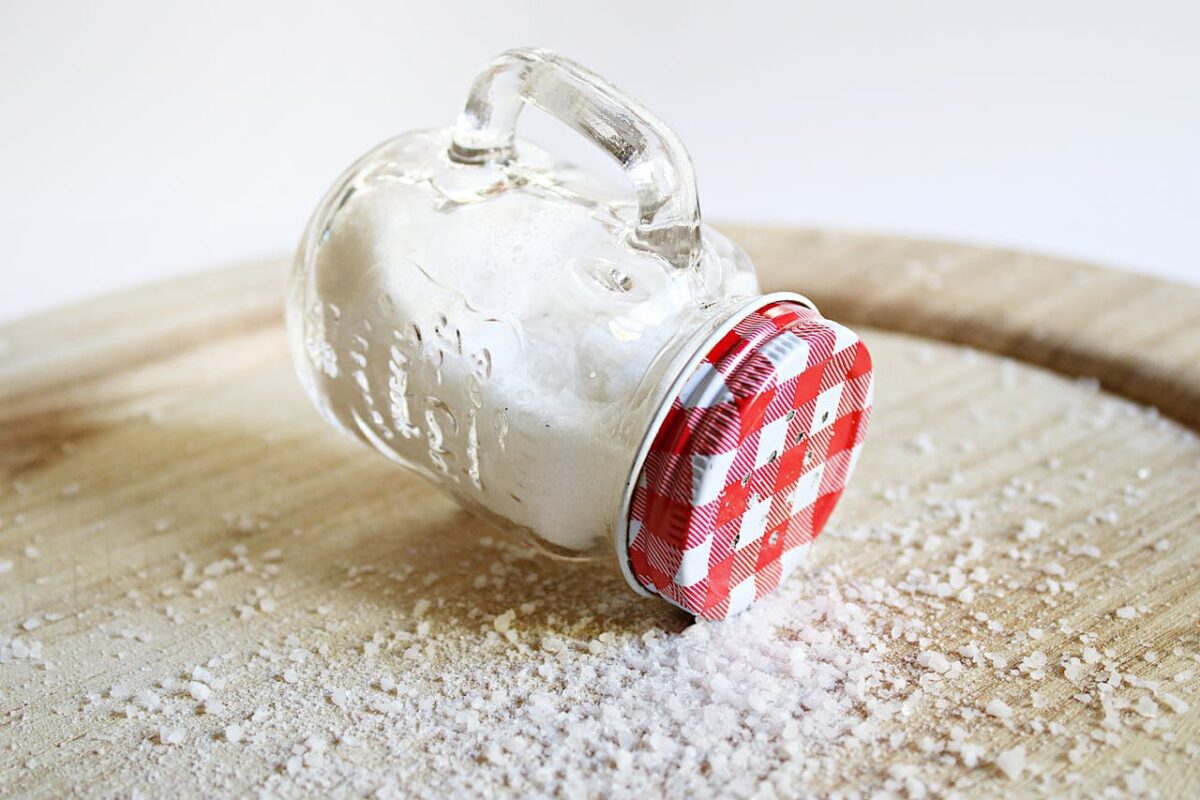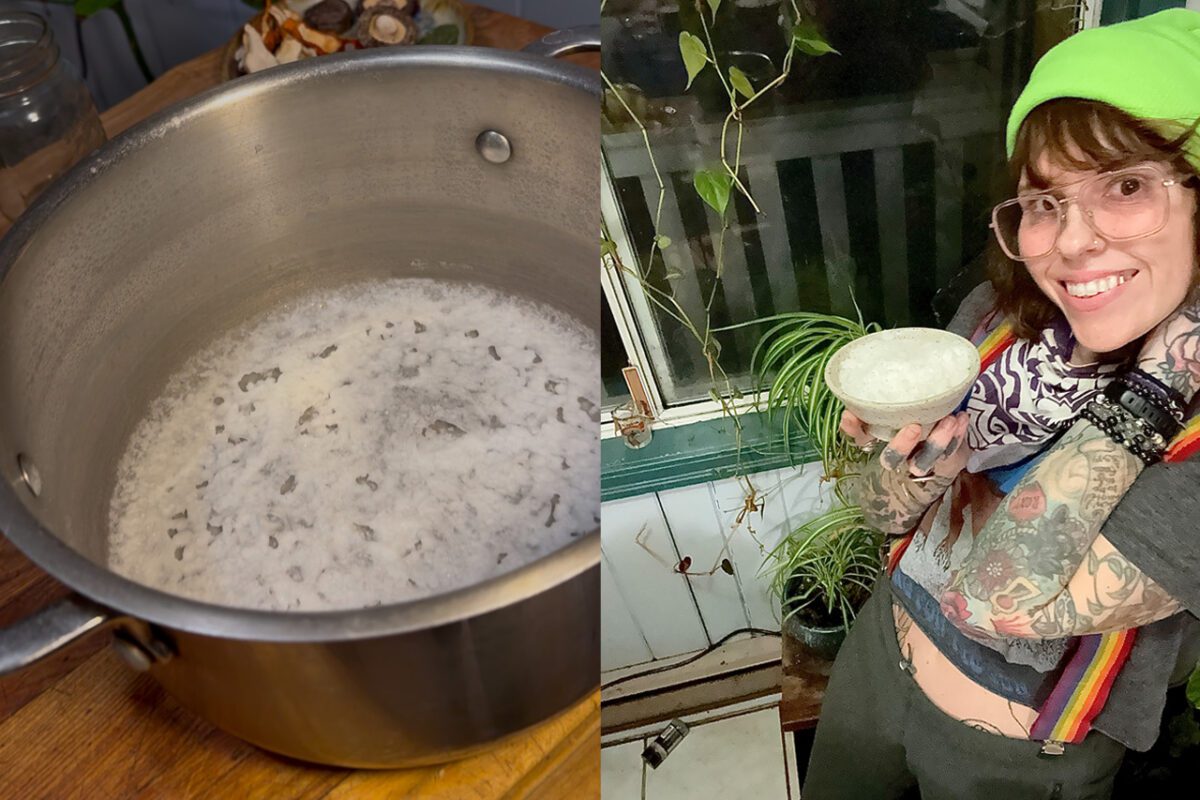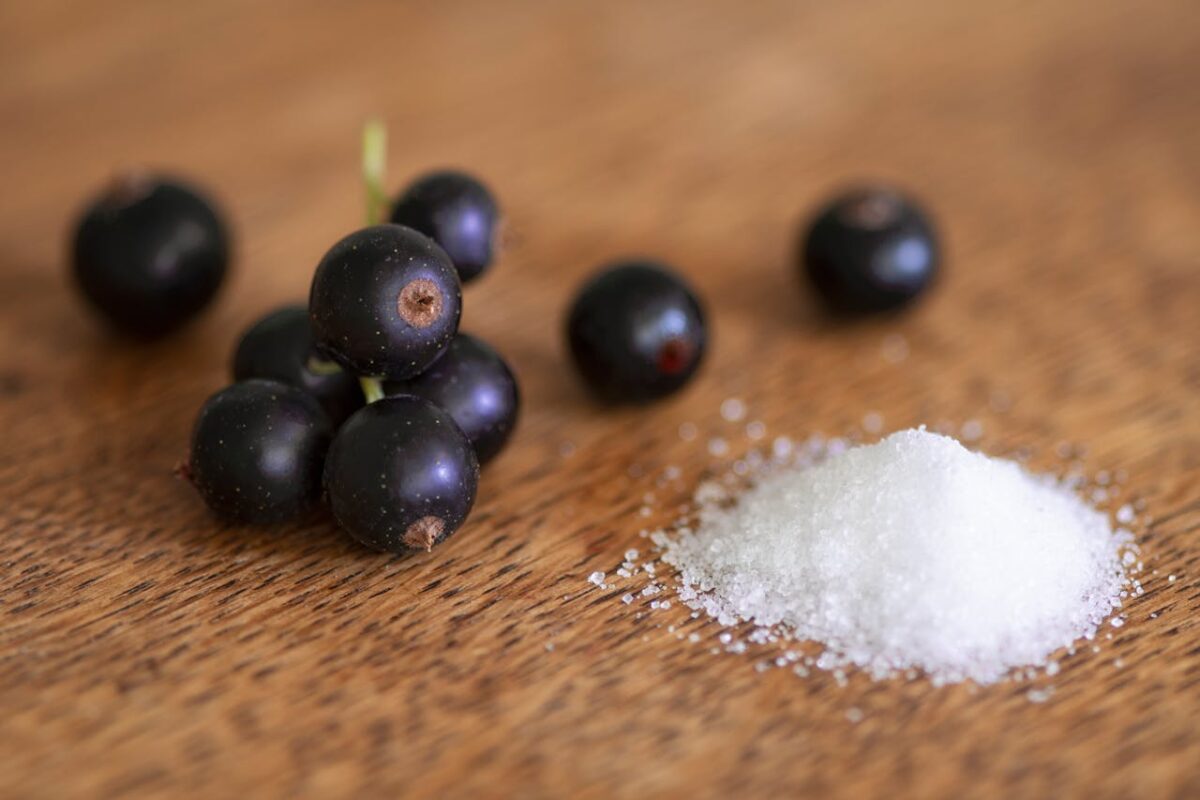
NEW MERCH!
January 5, 2025Salt is one of the most fundamental substances in human history. It is necessary for survival, shapes the flavors of our food, and has played a key role in trade, culture, and even war. But, like many things in life, balance is everything—too little salt can be deadly, yet too much can wreak havoc on our health.

Salt: Essential for Life
Our bodies rely on salt to function. It regulates fluid balance, helps transmit nerve signals, supports muscle function, and plays a crucial role in digestion. Without enough sodium, our bodies struggle to maintain equilibrium, leading to dehydration, confusion, and even organ failure.
But in today’s world, sodium deficiency is rare. Most modern diets contain an overabundance of salt, especially from processed and fast foods. The World Health Organization recommends consuming no more than 5 grams of salt per day (about 2000 mg of sodium), yet many people consume far more. Excessive intake is linked to high blood pressure, heart disease, and stroke.

Salt Roads, Wars, and Wages: A Brief History
Salt has been so valuable throughout history that it has influenced economies, wars, and even language. The phrase “worth one’s salt” comes from ancient times when Roman soldiers were sometimes paid in salt—hence the term “salary,” which comes from the Latin salarium, meaning “salt money.”
In ancient China, Egypt, and Rome, salt was heavily taxed and tightly controlled. The famous Via Salaria (Salt Road) was one of the most important trade routes in ancient Italy, allowing salt to be transported from the Adriatic Sea to inland Rome. The high value of salt even led to conflicts, such as the Salt War in Renaissance Italy, where city-states fought over salt taxation.
Even in modern history, salt has played a role in acts of resistance. One of the most famous examples is Mahatma Gandhi’s Salt March in 1930, where thousands of Indians protested British colonial rule by marching to the sea to collect salt, defying the British salt tax.

Sayings and Superstitions About Salt
Salt has been woven into language and folklore for centuries. A few common sayings include:
- “Back to the salt mines” – A phrase indicating hard, thankless work, originating from the brutal salt mining conditions in Russia and elsewhere.
- “Take it with a grain of salt” – A phrase suggesting skepticism, possibly derived from an old belief that consuming a grain of salt could protect against poison.
- Spilling salt is bad luck – This superstition dates back to Leonardo da Vinci’s The Last Supper, where Judas Iscariot is depicted knocking over a salt container, symbolizing betrayal. Some believe tossing a pinch of spilled salt over your left shoulder can ward off bad luck.

Harvesting Salt from the Ocean
If you ever find yourself needing to source salt directly from nature—or just want to try a fun DIY project—you can extract salt from seawater. Here’s how:
- Collect Clean Seawater – If you live near the coast, find a clean and safe area to collect seawater. Avoid heavily polluted or industrialized regions.
- Filter the Water – Use a fine cloth or coffee filter to remove debris and impurities.
- Boil or Evaporate – You can either boil the water until all the liquid has evaporated, leaving behind salt crystals, or let it sit in the sun in a shallow dish to evaporate naturally.
- Harvest and Store – Once dry, scrape up the salt and store it in an airtight container for future use.
Historically, salt harvesting from seawater was a labor-intensive but essential process. Many civilizations built elaborate salt pans—shallow pools where seawater was left to evaporate under the sun, leaving behind a harvest of salt.
The Balance of Salt in Our Lives
Salt is both a necessity and a potential danger. It has shaped human civilization, inspired rebellions, and even influenced language. While we should be mindful of overconsumption, we should also appreciate the role this mineral has played in our history and daily lives.
So the next time you reach for the salt shaker, remember—you’re not just seasoning your food, you’re sprinkling on a bit of history.
“Salt is born of the purest parents: the sun and the sea.” – Pythagoras



1 Comment
Thanks.